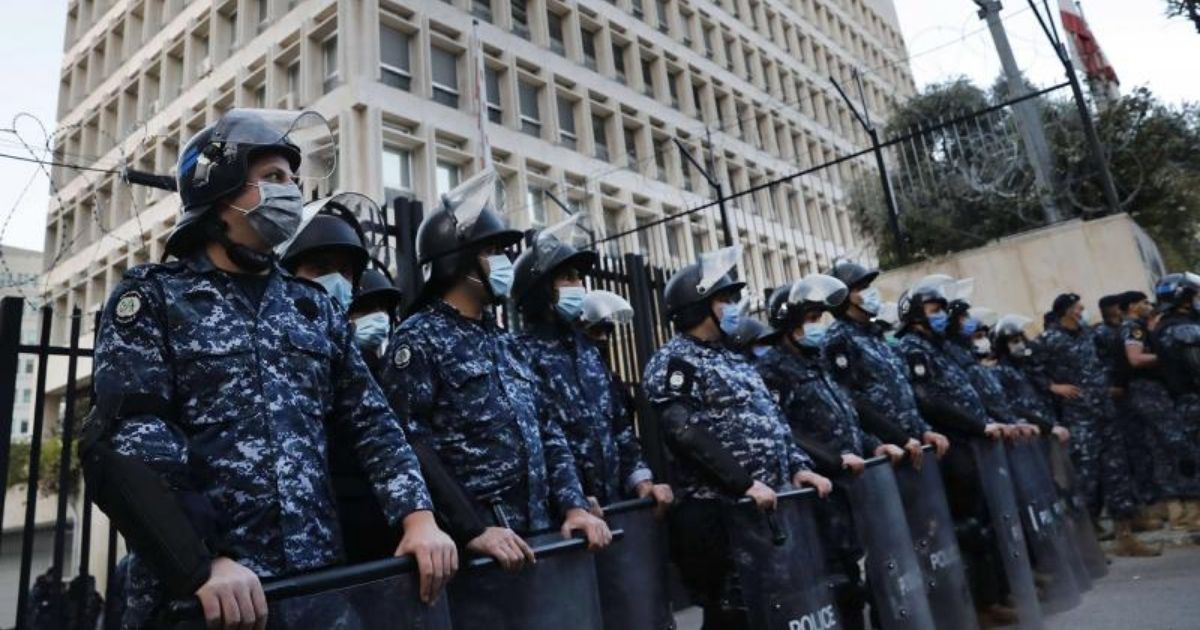Investigations of banks in Lebanon by the judiciary have evolved recently into the freezing of assets of several banks, namely Bank Audi, Bankmed, Blom Bank, SGBL, and Bank of Beirut, and their boards of chiefs.
That move was directly followed by the freezing of the assets of Fransabank on Wednesday, as a result of a lawsuit by a depositor who had requested his deposited money in cash rather than in check.
In a quick response to the freezing of its assets, Fransabank, one of the biggest commercial banks in Lebanon, closed all its branches on Thursday and ceased all operations.
The Lebanese Banking Association reacted with a statement, saying that the “arbitrary and illegal measures” taken by depositors are threatening to overturn the banking sector in Lebanon.
The situation with the banking sector has been highly problematic.
Banks have people’s money frozen with very limited access to it, under an informal yet severe capital control since 2019, overturning the lives of the Lebanese in Lebanon and those abroad maintaining active ties with their home country.
There have been relentless protests by depositors in Lebanon, rightfully demanding the release of their funds in banks as the economic crisis develops harsher by the day.
















